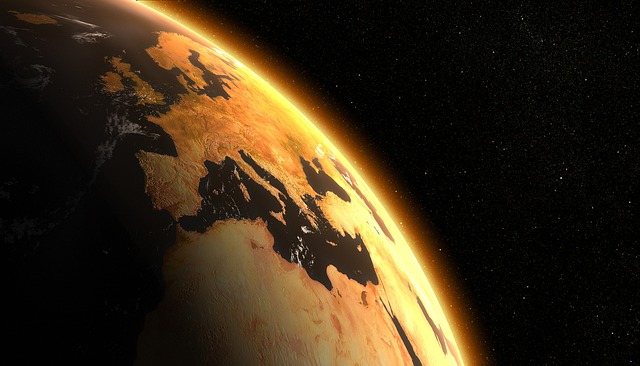No products in the cart.
Greenhouse Effect
We live on a diverse, vibrant planet. Its hospitable climate is no coincidence, but a product of the greenhouse effect. However, human activities are changing the balance of this process, with grave impacts looming. Addressing this needs our immediate attention and action.
Greenhouse Effect Definition
The greenhouse effect, a natural phenomenon, warms our Earth. Sunlight penetrates Earth’s atmosphere, heating the surface. In response, the Earth emits heat, or infrared radiation, back to space. Certain gases, called greenhouse gases, trap a portion of this heat, maintaining Earth’s liveable temperatures. Humans intensify the greenhouse effect, primarily by burning fossil fuels, thus leading to global warming.
History of Climate Change and the Greenhouse Effect
The greenhouse analogy traces back to the 19th century. In 1824, French scientist Jean-Baptiste Fourier proposed that Earth’s atmosphere might act as an insulator. Later in 1896, Swedish scientist Svante Arrhenius established the connection between increased CO2 levels and temperature rise, thus recognizing human-induced climate change.
Greenhouse Gases and Their Impact on Global Warming
Greenhouse gases are pivotal to the greenhouse effect. CO2, CH4, and N2O are key contributors, with CO2 taking the lead due to fossil fuel burning. Each molecule absorbs and retains heat differently, increasing Earth’s temperature. The shift towards renewable energy sources is thus imperative.
The Importance for Our Planet
Without the green house effect, Earth would be inhospitably cold. However, a surge in greenhouse gas emissions causes problems. Rising sea levels, frequent floods, and altered precipitation are consequences we already face. These changes underscore the urgency to reduce emissions.
How Carbon Dioxide Causes Global Warming
CO2’s role in global warming is through heat retention. Greenhouse gases, including CO2, trap infrared energy emitted by Earth. Rather than evading into the vast expanse of space, this thermal energy is released in various directions, resulting in the heating of the Earth’s surface and lower atmosphere. Immediate action to mitigate climate change is thus crucial.
The Impact on Earth’s Climate
The enhanced greenhouse effect warms our planet and impacts climate change. Human activities, especially fossil fuel burning, contribute to increased greenhouse gas concentrations. This has ripple effects on ecosystems. Coral reefs suffer from ocean acidification, and marine organisms face changing habitats.
Exploring the Greenhouse Effect and Global Warming
Human activities, greenhouse gas emissions, and global warming are intricately linked. Altered levels of greenhouse gases, caused by the combustion of non-renewable energy sources, result in alterations to the Earth’s climate, the elevation of oceanic levels, the occurrence of severe weather phenomena, and various associated consequences. The scientific consensus on this issue is clear and compelling.
How Earth’s Greenhouse Effect Works and its Consequences
Water vapor, CO2, and CH4 trap heat from the Sun, ensuring Earth’s warmth. Human activities have increased greenhouse gas emissions, leading to global temperature rise and predicted climate changes. The magnitude and rate of these changes are cause for concern.
Conclusion
The greenhouse effect is a vital natural process, maintaining Earth’s climate. Human actions, however, exacerbate this effect, causing global warming. Urgent, substantial emission reductions are imperative to prevent irreversible consequences. The onus is on us to protect our blue planet.





Add Comment
You must be logged in to post a comment.